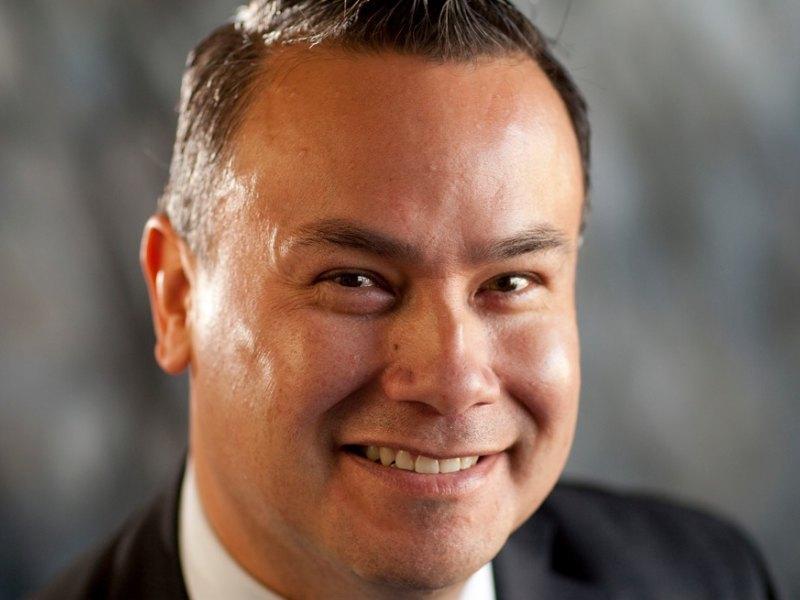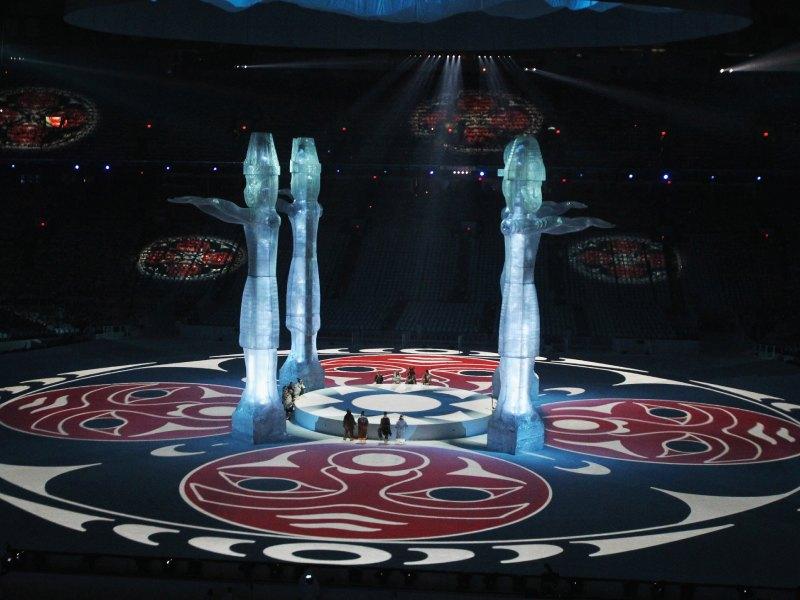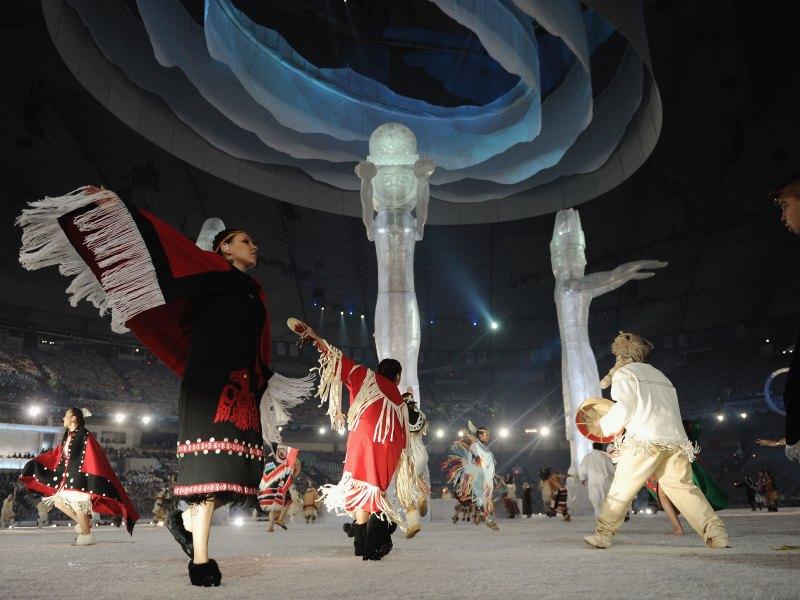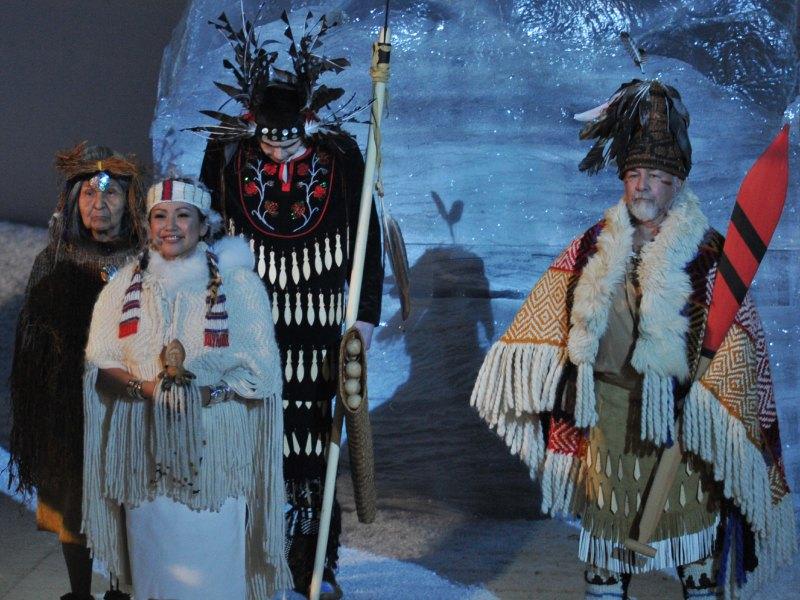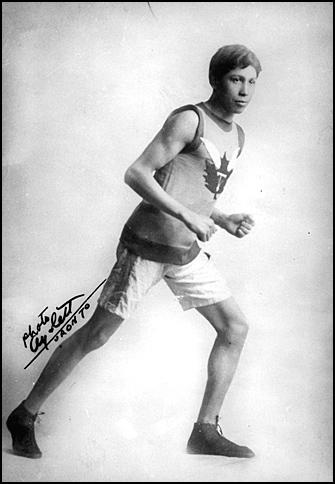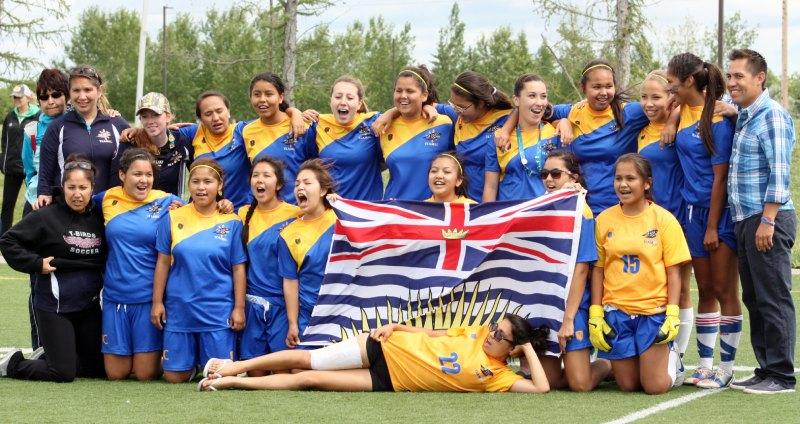Community
I·SPARC - Indigenous Sport, Physical Activity, and Recreation Council
In 2007, several prominent provincial Indigenous organizations came together to develop a social legacy from the Cowichan 2008 North American Indigenous Games (NAIG)—a legacy that would lead to transformative change in the health and well-being of Indigenous people across BC. Drawing inspiration from the BC Aboriginal Youth Sport and Recreation Declaration, which was established during the 2008 Gathering Our Voices youth conference, the group undertook the task of developing a unified approach that resulted in the creation of the Aboriginal Sport, Recreation and Physical Activity Strategy – the first strategy of its kind in Canada.
The Indigenous Sport, Physical Activity & Recreation Council (I·SPARC) is a provincial organization established with the purpose of improving the health outcomes of Indigenous peoples by supporting and encouraging physically active individuals, families, and communities. The programs and services delivered by I·SPARC are designed to build capacity and increase access to sport, recreation, and physical activity in First Nations communities, Métis Chartered Communities, Aboriginal Friendship Centres, schools, and other delivery agencies throughout British Columbia.

Premier’s Award
The Province of British Columbia and the Indigenous Sport, Physical Activity & Recreation Council (I·SPARC) have collaborated to establish the Premier’s Awards for Indigenous Youth Excellence in Sport to celebrate the outstanding achievements of Indigenous youth athletes throughout the province. The inaugural awards ceremony (for 2015 recipients) was held during the Gathering Our Voices National Indigenous Youth Conference Opening Ceremony on March 21, 2016, in Victoria, BC.
The Premier’s Awards for Indigenous Youth Excellence in Sport recognizes athletes who have achieved excellence in performance sport and are regarded for their leadership qualities both on and off the field of play.
Athletes 24 years of age or younger, who are competing in performance sport are eligible to be nominated for the award. Each year, up to six athletes receive awards for each of I·SPARC’s regions: Northeast, Northwest, Interior, Fraser, Vancouver Coastal, and Vancouver Island. From that group, ten provincial recipients are selected each year.
Many of the past recipients have gone on to compete at university levels across North America, along with competing professionally, and representing Canada across their chosen sport. The 2022 Premier’s Award for Indigenous Youth Excellence in Sport winners are currently displayed at the BC Sports Hall of Fame. Learn more about the winners and their accomplishments here.

Four Host First Nations
With Vancouver winning the bid to host the 2010 Olympic and Paralympic Winter Games, the Games would be taking place on the traditional territory of the xʷməθkʷəy̓əm (Musqueam), Sḵwx̱wú7mesh (Squamish), sel̓íl̓witulh (Tsleil-Waututh), and Líl̓wat Nations. The four Nations came together to form the Four Host First Nations Society (FHFN) to ensure their respective cultures, languages, traditions, and protocols would be acknowledged, represented, and respected during the Games. Led by CEO Tewanee Joseph, a member of the Sḵwx̱wú7mesh Úxwumixw, the Four Host First Nations signed a historic protocol agreement with VANOC to guarantee the Four Host First Nations full participation in the organization of the Games. This would mark the first time Indigenous peoples were recognized as full partners by the International Olympic Committee. Tewanee helped to negotiate the first official partnership agreement between the IOC, VANOC, and the Indigenous Peoples of BC, as well as the first-ever agreement to include Indigenous artwork in official Olympic merchandise. Overcoming numerous obstacles along the way, he succeeded in creating a new model for inclusivity for First Nations across Canada. During the Games over 300 Indigenous youth were a part of the Opening Ceremony, signage in Sḵwx̱wú7mesh Sníchim was added the Sea to Sky Highway, and the Aboriginal Pavilion provided daily programming for thousands of visitors from across the world to learn about Indigenous peoples across Canada.
Tom Longboat Awards
Established in 1951, the Tom Longboat Award is given yearly to Indigenous athletes to recognize their athletic excellence and outstanding contributions to sport in Canada. The award is named after Tom Longboat, a long-distance runner from the Onondaga of the Haudenosaunee, who won the Boston Marathon in 1907. The first National award winner and first winner from British Columbia was Frederick Baker, from the Sḵwx̱wú7mesh Úxwumixw, for his accomplishments in boxing, basketball, gymnastics, lacrosse and track and field. Since 1951 athletes from British Columbia have won 14 national awards and over 20 regional awards. The award now includes a female and male category and is overseen by the Aboriginal Sport Circle, which is a non-for-profit organization that supports the health and wellbeing of Indigenous peoples across the country.
North American Indigenous Games
The North American Indigenous Games is a multi-sport event and cultural celebration that involves Indigenous youth aged 13 to 19 from across North America. Alternating between Canada and the United States hosting, the Games occur every four years and offers competition in 16 different sports, including three traditional sports: canoe/kayak, lacrosse, and 3D archery. In 1990 the Inaugural North American Indigenous Games were held on Treaty 6 Territory in Edmonton. BC has hosted the Games twice, 1997 in Victoria and 2008 in Cowichan. At the 2014 North American Indigenous Games in Toronto, Team BC made history and became the first team to win the Overall Team Award for most medals and the John Fletcher Spirit for the team with the most integrity and sportsmanship. At the most recent North American Indigenous Games in Halifax, Team BC continued their history of excellence and placed second in the overall team standings with a total of 159 medals, 53 gold, 62 silver, and 44 bronze, in a total of 14 sports.
The Truth and Reconciliation Commission’s Call to Action #88 aims to ensure long-term Indigenous athlete development through support of the NAIG. In order to create a lasting legacy of reconciliation, organizers for the 2017 NAIG introduced “#Team88, to promote the positive impacts of sport and wellness within Indigenous communities and to bring a focus to all TRC recommendations recognizing sport as an important pathway to reconciliation.” The Team #the 88 emblem became a rallying cry during the 2017 NAIG.
